 Anti-incineration activists have released a report criticizing efforts to burn waste in the U.S., calling them misguided attempts to achieve sustainability.
Anti-incineration activists have released a report criticizing efforts to burn waste in the U.S., calling them misguided attempts to achieve sustainability.

 Anti-incineration activists have released a report criticizing efforts to burn waste in the U.S., calling them misguided attempts to achieve sustainability.
Anti-incineration activists have released a report criticizing efforts to burn waste in the U.S., calling them misguided attempts to achieve sustainability.
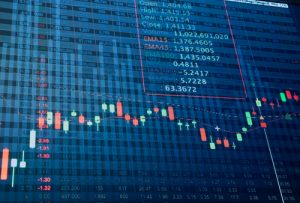 Recycling processors report that early September pricing for recovered plastic and aluminum packaging rose slightly over August levels.
Recycling processors report that early September pricing for recovered plastic and aluminum packaging rose slightly over August levels.
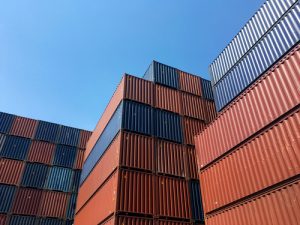 Chinese authorities have released more specifics about which materials are likely to be affected by a proposed import ban on recovered materials. The action is expected to be implemented at the end of this year.
Chinese authorities have released more specifics about which materials are likely to be affected by a proposed import ban on recovered materials. The action is expected to be implemented at the end of this year.
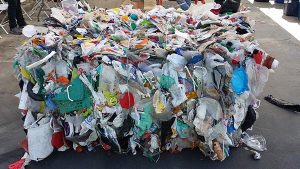
A bale of plastics No. 3-7. Source: Association of Plastic Recyclers.
The idling of a Baltimore-area plastic recovery facility is the kind of slowdown that’s expected in an innovative project showcasing a still-developing business model, according to a financial backer.
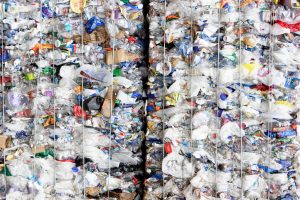 RES Polyflow’s Michael Dungan says fluctuating oil prices and developments in Asia will continue to affect pyrolysis companies, but he thinks a bigger issue may be a regulatory landscape that he believes is dated and detrimental to technology adoption.
RES Polyflow’s Michael Dungan says fluctuating oil prices and developments in Asia will continue to affect pyrolysis companies, but he thinks a bigger issue may be a regulatory landscape that he believes is dated and detrimental to technology adoption.
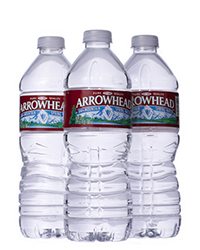 Nestlé Waters North America has begun adding the How2Recycle label to half-liter PET bottles of all its major U.S. bottled water brands.
Nestlé Waters North America has begun adding the How2Recycle label to half-liter PET bottles of all its major U.S. bottled water brands.
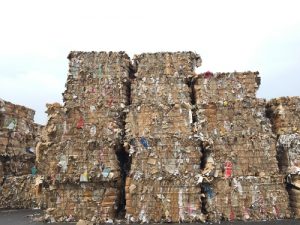 The news that China is aiming to roll out an outright ban on some grades of recovered material jolted the U.S. recycling industry last month.
The news that China is aiming to roll out an outright ban on some grades of recovered material jolted the U.S. recycling industry last month.
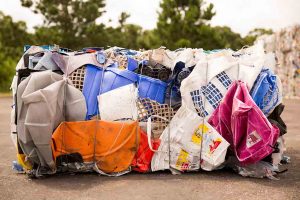 In bulky rigid plastics recycling, the materials recovery facility is at the center of the equation. But downstream developments have also been key to monetizing a material that was long seen as a contaminant.
In bulky rigid plastics recycling, the materials recovery facility is at the center of the equation. But downstream developments have also been key to monetizing a material that was long seen as a contaminant.
 A freight forwarding company has filed a lawsuit against a recyclables exporter, demanding to be reimbursed for tens of thousands of dollars in charges that accrued when cargo containers were left unclaimed at a Chinese port.
A freight forwarding company has filed a lawsuit against a recyclables exporter, demanding to be reimbursed for tens of thousands of dollars in charges that accrued when cargo containers were left unclaimed at a Chinese port.
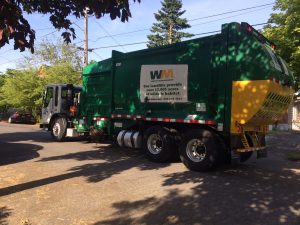 Pricing boosts continue to drive recycling revenues for North America’s three largest haulers. Meanwhile, company executives say they don’t expect China’s announced ban on certain scrap imports to inflict too much financial pain.
Pricing boosts continue to drive recycling revenues for North America’s three largest haulers. Meanwhile, company executives say they don’t expect China’s announced ban on certain scrap imports to inflict too much financial pain.
